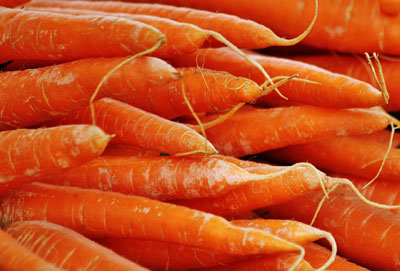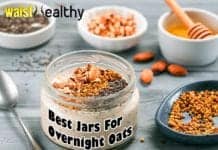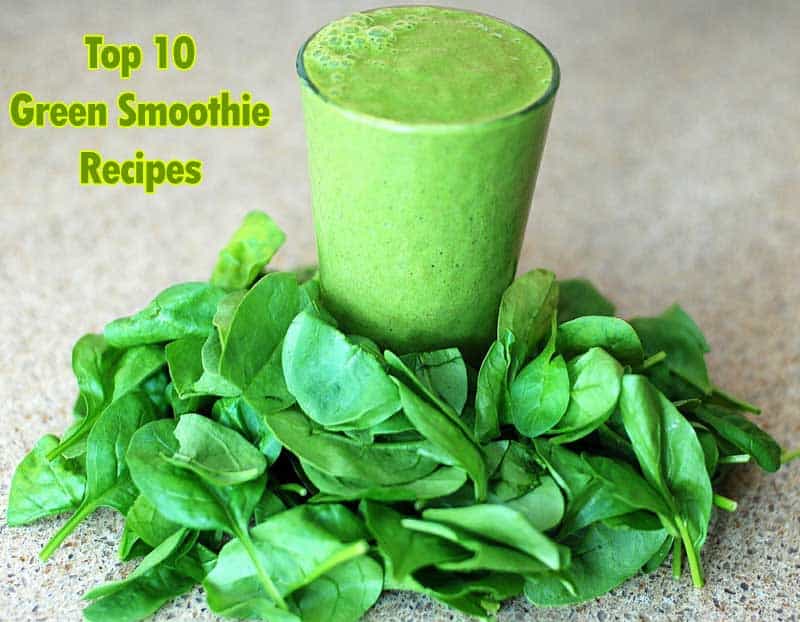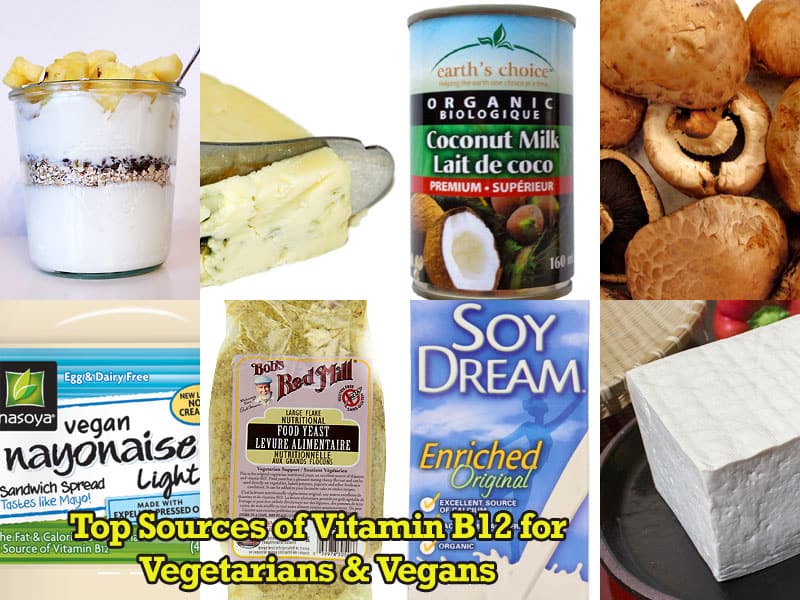Fats Are Storehouses of Vitamins
 Are you aware of the role of vitamins in a human body? Well, vitamins are essential micro-nutrients that cater to innumerable metabolic activities in the body. Again, vitamins are classified as fat-soluble vitamins and water-soluble vitamins. Examples of fat soluble vitamins are Vitamin A, D, E and K. Let’s start with the role of Vitamin A. Also known as retinol, vitamin A ensures marked progress in bone development, reproduction, gene expression, cell division and regulation of the immune system. It works wonders in improving eye-sight and is also a crucial anti-oxidant that works as a natural sedative to cancer. The best way to incorporate Vitamin A in your diet is by including dark leafy greens and other veggies like pumpkin, squash and carrot to your usual dietary regimen.
Are you aware of the role of vitamins in a human body? Well, vitamins are essential micro-nutrients that cater to innumerable metabolic activities in the body. Again, vitamins are classified as fat-soluble vitamins and water-soluble vitamins. Examples of fat soluble vitamins are Vitamin A, D, E and K. Let’s start with the role of Vitamin A. Also known as retinol, vitamin A ensures marked progress in bone development, reproduction, gene expression, cell division and regulation of the immune system. It works wonders in improving eye-sight and is also a crucial anti-oxidant that works as a natural sedative to cancer. The best way to incorporate Vitamin A in your diet is by including dark leafy greens and other veggies like pumpkin, squash and carrot to your usual dietary regimen.
Vitamin D is best known to build a balance between calcium and phosphorous. Usually, calcium is absorbed by the small intestine. Vitamin D helps to increase the amount of calcium absorbed so as to add fortitude and strength to the bones and muscles. It also wouldn’t be incorrect to say that Vitamin D is directly related with cell growth. One of the major food items that is a rich source of Vitamin D is milk and all other dairy items.
Vitamin E, also popular as Tocopherol benefits the body by executing roles of an antioxidant. It cuts down the chances of destruction of red blood cells, thereby preventing cancer in a great way. Rich sources of Vitamin E include soybean oil, safflower, nuts like almonds and hazelnuts, vegetables, fruits and pomes.
Produced naturally by the bacteria in intestines, Vitamin K plays a big-league role in regularizing blood clotting. It is also associated with the production of protein, needed by the kidney, blood and bones. Vitamin K is a well-known nutrient that supports and enhances bone health. This variant of vitamin is easily found in veggies, especially the leafy ones like cabbage, spinach, broccoli, cauliflower, turnip greens and so on. Vitamin K is also available in olive oil, cottonseed oil, canola oil and of-course the popular soybean oil.
Reference: colostate.edu













